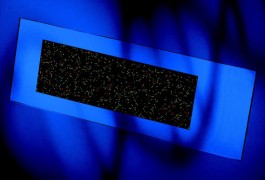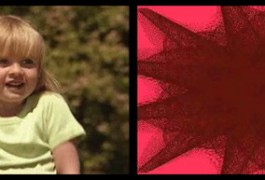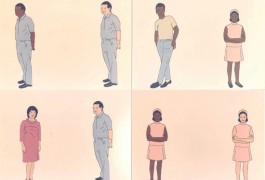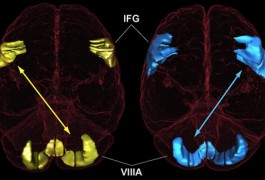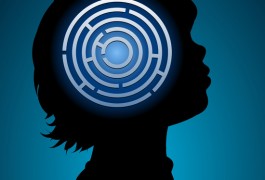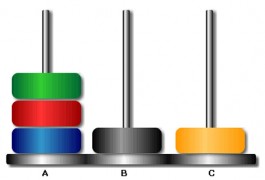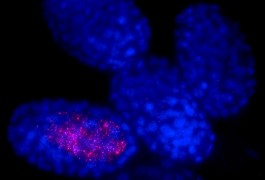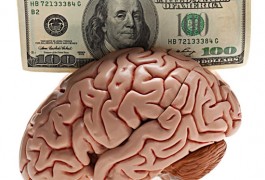Microarray analysis deemed best genetic test for autism
Chromosomal microarray analysis, which screens the entire genome for tiny blips in the sequence, should be the first genetic test performed when diagnosing autism, says a consortium of clinical geneticists. The recommendation comes on the heels of a study that found the test is three times more effective at spotting autism variants than are standard clinical methods.







